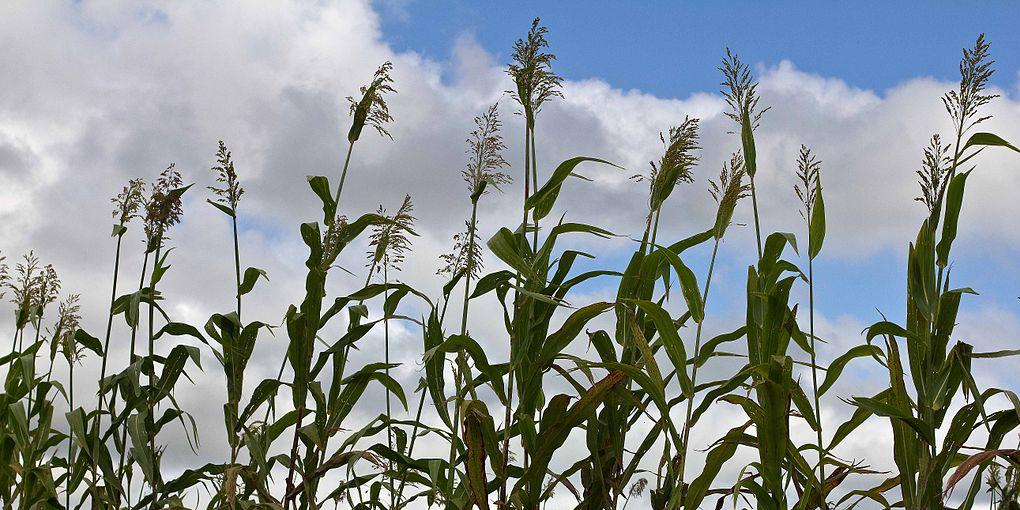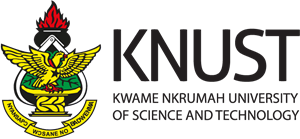
Foodscapes as Nutrition Intervention Tools in Global South – A New Agenda
Context
Malnutrition - undernutrition (including stunting, wasting, underweight, and micronutrient deficiencies) and overnutrition with related non-communicable ailments, is the single largest disease, and cause of death globally (WHO, 2024). Over 2.8 billion adults globally are malnourished and about half of all deaths of children under 5 are the result of undernutrition (WHO, 2024). Most cases of malnutrition are located in low and middle-income countries where food insecurity and climate change heighten undernutrition and micronutrient deficiency vulnerabilities, especially among children and women of reproductive age. These countries are also experiencing high levels of non-communicable diseases.
Foodscape, broadly defined as how people, spaces, and food interact, the complexities of this interconnectedness and its influence on food behaviour, has increasingly been used by scholars to investigate and seek solutions to counteract obesity /overweight (Altink, 2019; Vonthron et al., 2020): However, it is rarely used to provide empirical data for tailored intervention models against undernutrition in vulnerable populations and communities faced with climate-change-induced-food-insecurities.
Aims & Objectives
This project uses a participatory interdisciplinary approach that examines indigenous (usually underutilized) climate-resilient crops through a foodscape lens in order to tailor sustainable agricultural and food innovations that complement country-specific efforts on food security (SDG#2), good health and well-being (SDG#3), climate action (SDG#13) and ultimately poverty eradication (SDG#1).
In this project:
- UoY faculty, led by Prof Altink, will extend knowledge and uses of the theoretical concept, of ‘foodscape’ and explore how it can be harnessed to design an efficient and sustainable nutrition intervention tool to combat undernutrition and climate-change-induced-food insecurities, using selected communities in Northern Ghana as a baseline.
- Secondly, we will organize a YESI workshop involving UoY staff working within the Environment and Health, Food, Water, and Waste space, to discuss a follow-on proposal and consider possible funders to scale up the research engagements into a large interdisciplinary grant on climate-change-induced, food-insecure and malnourished communities in the Global South.
- Dr Boakye, the YESI fellow, will deliver a seminar and also spend time with collaborators from Biology (Katherine Denby) and the Hull York Medical School to explore new techniques for a comprehensive composition analysis of indigenous underutilized crops for nutrition and health. We are keen on establishing a community of practice in the global North and South, committed to exploring models to combat malnutrition and climate-change-induced food insecurities among low and middle-income countries. Organizations and institutions interested in being part of this and future projects are welcome to reach us at yesi@york.ac.uk.
Project Outputs
Published a new paper investigating the sociocultural importance of egusi and its value to nutrition and food security in growing communities of northern Ghana. It further explores the gender underpinnings and influences on egusi production and use and evaluates the strategies indigenous smallholder egusi farmers use to cope with the current climate dynamics.
During her visit to the University of York in May 2024, Dr Boakye presented her research at the YESI International Fellows seminar: The use of indigenous underutilized plant species to achieve sustainable food security in the Global South: a case study from Ghana and also ran a workshop to explore Foodscapes as Nutrition Intervention Tools in the Global South.
.jpg)
The YESI International Fellows scheme is a unique, truly ‘international-user-friendly’ initiative in both structure and outputs. It’s broadened my perspective on using interdisciplinarity to tackle sustainability challenges - my research paradigm is changed for good! The new collaborations and international connections are just the icing on the cake. Thank you to YESI and the ever-supportive YESI Team!
- Dr Abena Boakye
University of York collaborator
Prof Henrice Altink (History)
Bio: Henrice Altink is a professor in modern history. She has worked extensively on race, gender and health in the Anglophone Caribbean. Her current research explores the intersection between socio-economic inequalities and environmental change in Jamaica since 1945.
International collaborator
Abena Boakye, Kwame Nkrumah University of Science and Technology (KNUST), Ghana
Bio: Dr Abena Boakye is a positive, self-motivated Senior lecturer at the Kwame Nkrumah University of Science and Technology (KNUST), Ghana. A quick learner with a strong work ethic, she enjoys working in a team and translating her knowledge and expertise into tangible outputs that support food and nutrition security, and improve livelihoods. Dr Boakye’s research thus explores the use of indigenous underutilised species and traditional food systems to meet dietary needs amid climate change influences using her expertise in food compositional studies, sensory evaluation, product development, and value-addition interventions. She was the food scientist on the Ghanaian team for the interdisciplinary Fried Sweetpotato Product Profiling Project for West Africa and has also received recognition through international activity grants, fellowships, and scholarly awards. Dr Boakye aspires to make meaningful professional contributions as an advocate for sustainable food security and improved nutrition in Africa.
She is affiliated with several professional bodies including the Food Systems Research Network for Africa and UNESCO’s Organisation for Women in Science for the Developing World. Outside academia, Dr Boakye is a Bible class teacher and also pursues community engagement activities that “Demystify Science and make STEM friendly”. She loves to inspire young females to take up leadership positions in their areas of influence

